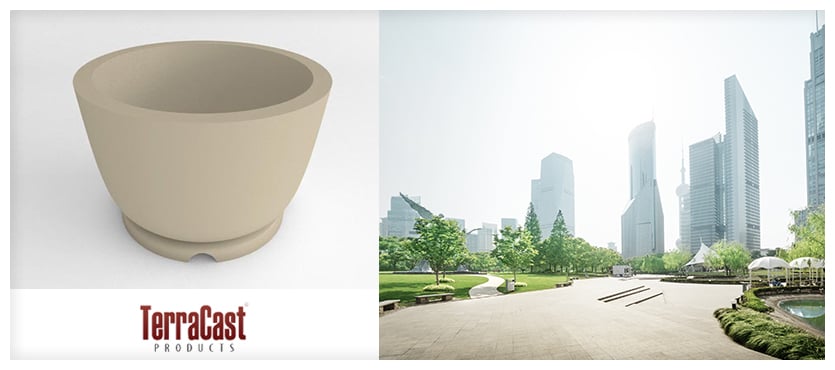With an ever-increasing population that lives in cities, urbanization is one of the fastest-growing trends. Various studies indicate that by 2050, nearly 68 percent of the world’s population will dwell in urban areas. When you think about that fact, several questions come to mind, such as, “How will we manage global waste”? “How can we make our cities more sustainable”?
While this rapid growth has led to innovative solutions in many avenues, including housing, information technology, infrastructure, and transportation, one crucial problem still needs to be addressed: environmental impact. Since cities are responsible for generating 70 percent of global waste, it is high time that we take measures to make our cities healthier and more sustainable.
Here are five ways that we can do our part in minimizing environmental impact.
Building Vertical Forests
When faced with multi-faceted problems, we need innovative solutions. Short on space, city dwellers are always keen on expanding upwards. In Milan, architects have resorted to building vertical forests on residential towers to increase green coverage in cities.
These towers can house 800-1000 trees, 3000-5000 shrubs, and more than 10,000 flowering plants. To make this initiative more effective, we can use planters and fertilizers made from eco-friendly materials. For instance, Terracast’s resin planters and site furnishings are perfect for sustainable gardens and rooftop decks. Using sustainable products can go a long way to help reduce environmental impact.
Promoting Urban Agriculture
With an ever-increasing population relying on urban agriculture, preserving agricultural land has never been more vital. Producing and selling fresh food in urban areas reduces our dependency on supply chains and the environmental impact of distribution systems. Investing in local supply chains can help cities make nutritious foods more accessible and minimize our carbon footprint.
Minimizing Food Waste
Since cities consume up to 70 percent of the global food supply, there is a pressing need to reduce and manage food waste. Lack of planning, inadequate packaging and storage, and poor practices are usually the causes behind food wastage in cities. Furthermore, food waste that cannot be recycled is overflowing our landfills. By composting or utilizing food waste to generate biofuel, redistributing food through charities, and making nutritious food accessible, cities can make a quick leap toward better food waste management.
Connecting Cities With Under-Developed Areas
Cities and urban areas are mutually dependent and cannot function optimally in isolation. Since most cities rely on nearby rural areas for labor, food, water supply, and other necessities, connecting the two can be mutually beneficial. Building multi-lane highways helps ensure the supply of essential goods to cities while promoting development and market access for the rural population. If we drive urbanization towards under-developed areas, we can ensure that “no one and no place” is left behind.
Boosting Green Spaces Like Eco-Friendly Community Parks and Bike Lanes
As cities continue to expand, green spaces are shrinking. Trees do a lot more than boost the appeal of a space and play a crucial role in improving air quality, mitigating rising temperatures, encouraging people to participate in physical activities, and building healthier communities. Creating more sustainable community parks and investing in eco-minded transportation like bikes can help cities reduce their carbon footprint.
Sustainable communities are an efficient solution to the challenges cities face. To build a greener future, we must do our part in minimizing the environmental impact of our cities. Terracast supports the concept of sustainable urban areas and offers many products to align with its vision. We aim to help make cities healthier and sustainable with the help of resin products, such as planters, benches, bike racks, lamp posts, light pole bases, small cell concealments, and more. Contact us today to learn more about our products!

